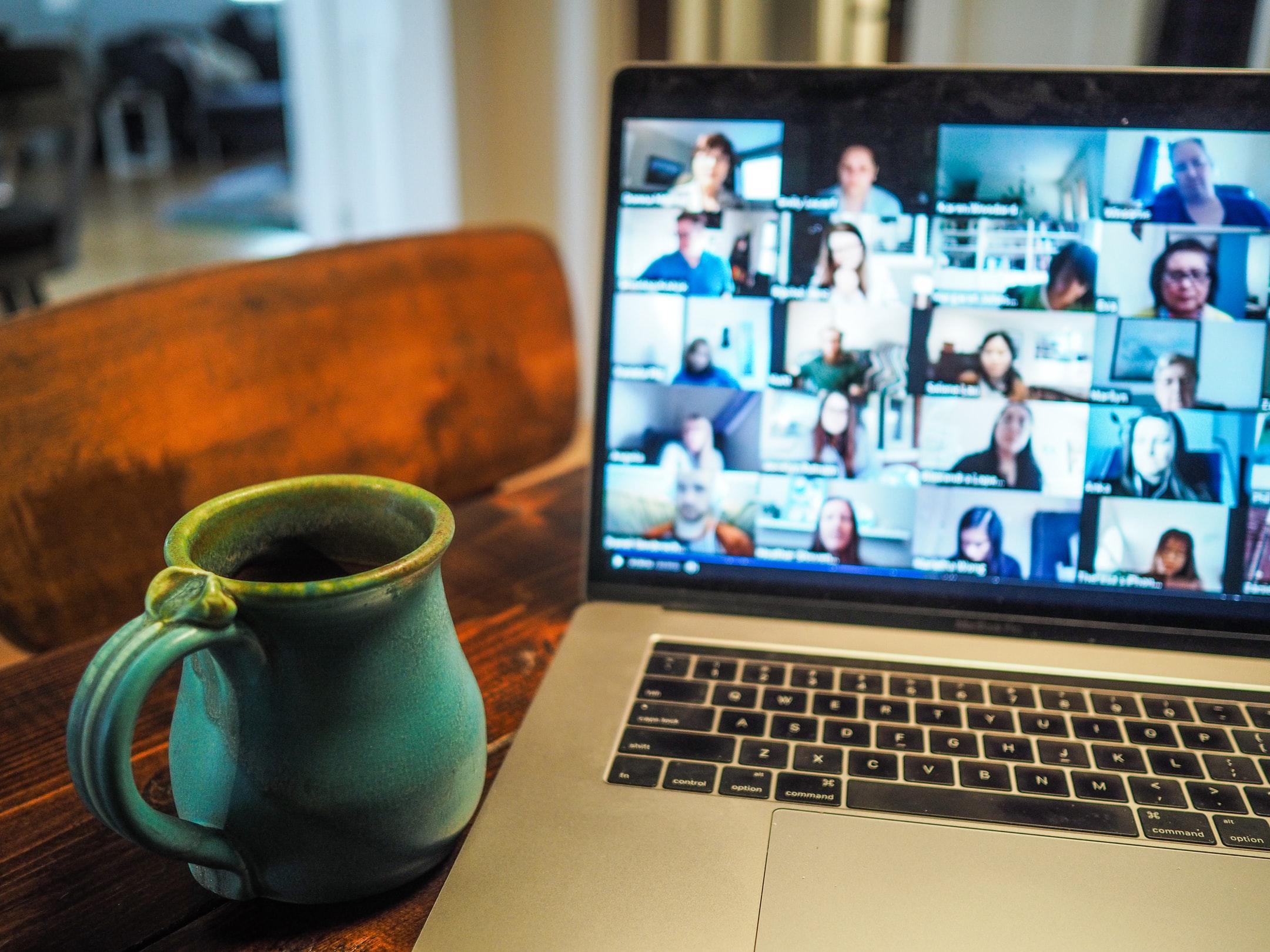

At one point during the COVID-19 pandemic, more than 90% of the U.S. population was under stay-at-home orders. Telemedicine psychiatry, better known as telepsychiatry, became the sole option for many Americans who were in need of mental health care. Insurance companies temporarily relaxed the rules on telehealth to get people the help they need.
But did it work, and was telepsychiatry effective for the general populous? This article will examine what telepsychiatry is, its benefits, cost and coverage, and overall effectiveness.
Telepsychiatry is a subset of telemedicine that can involve a range of services, including psychiatric evaluations, therapy, patient education, and medication management. It often involves direct interaction between a psychiatrist and the patient. Mental health care communication for telepsychiatry can be live and interactive and also involve recording medical information and sending this to a site later for review.
Telepsychiatry has a lot of benefits, including meeting patients’ needs for convenient, affordable, and readily-accessible mental health services. It can benefit patients in many ways like:
Some people may not feel comfortable with telepsychiatry, mainly because it may feel awkward talking to a person on a screen. However, most people are open to it and can adjust as needed.
One of the most significant advantages of telepsychiatry is providing access to patients in distant locations. Psychiatrists are required to have a license in the state(s) where the patients they are working with are located. State licensing boards and legislatures view the location of the patient as the place where the practice of medicine occurs. People who live far away or in rural areas of a state no longer need to drive long distances to get the mental health care that they need.
The cost of telepsychiatry and coverage is dependent upon the health care provider that you have. At one point, data shows that 43 states and the District of Columbia had laws that govern private payer reimbursement for telehealth. And fifty states and Washington, D.C. reimburse for some form of live video telehealth in Medicaid fee-for-service.
According to research from the American Psychological Association, teletherapy, in general, has proven effective among patients. Psychologists, psychiatrists, social workers, and others have built a substantial library of Telehealth interventions since the pandemic that has helped solve a variety of problems.
Additionally, it’s been found that satisfaction is high among patients who used or participated in telepsychiatry. Most patients have found that it’s the equivalent of in-person care in terms of diagnostic accuracy, treatment effectiveness, quality of care, and satisfaction.
Additionally, while the nation reopened several months ago, several people are still opting for telepsychiatry over in-person care.
We’re a mental health provider with over two decades of experience providing supportive, affordable services to Portland residents and those living in the surrounding communities. Our approach to mental health care minimizes medication use and finds safe alternatives to high-risk prescriptions. When you’re ready to tackle your mental health, we’re here to be a partner in your journey towards your best self.
Contact the team at Synchronous Mental Health to learn how our psychiatric nurse practitioner services can help you.